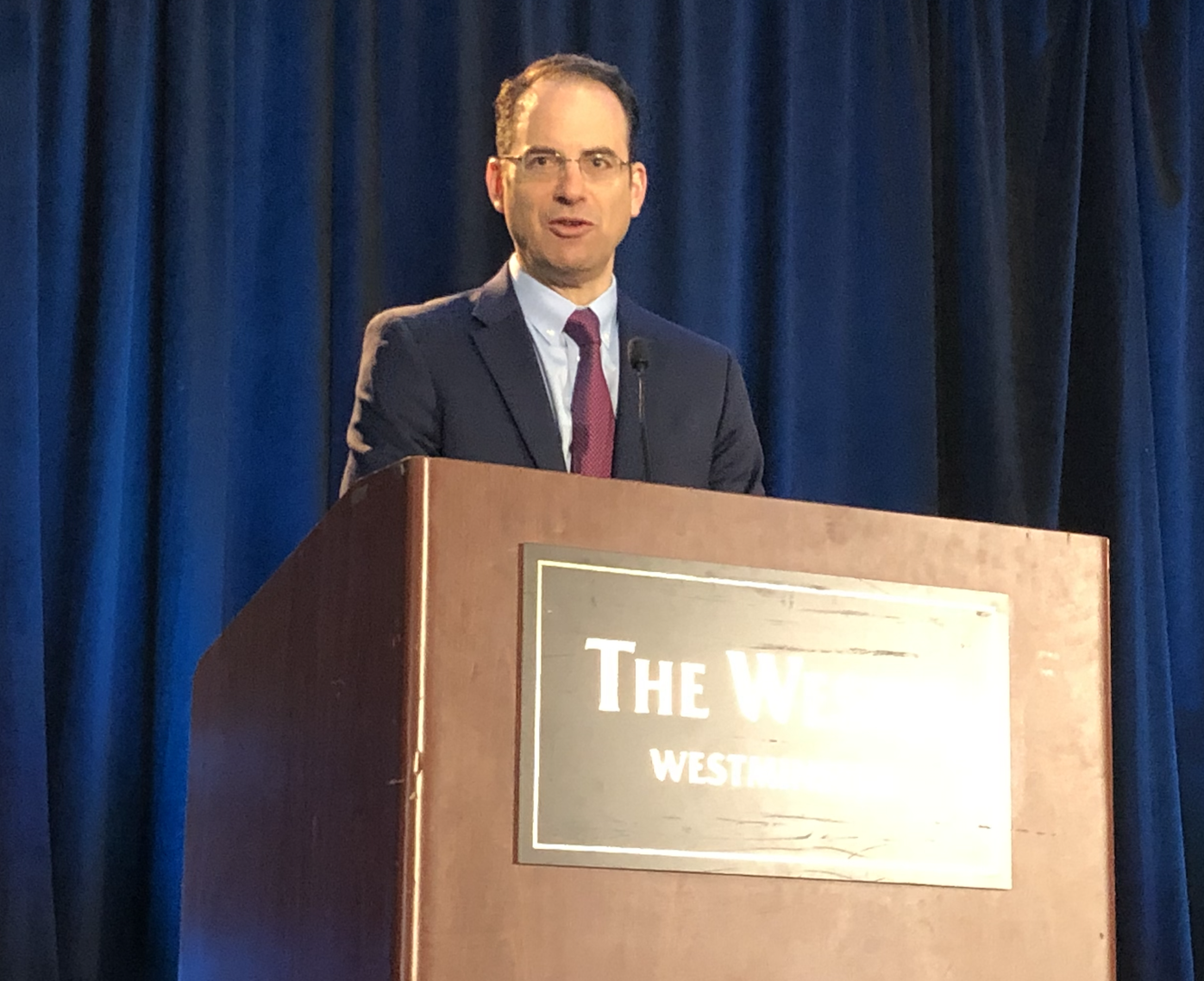Colorado Water Congress prepares to take on infrastructure, Colorado River at summer conference
This week’s summer conference for the Colorado Water Congress will bring together some of Colorado’s water leaders to look at infrastructure, what’s going on with the Colorado River and the status of the Waters of the USA ruling.
The three-day conference begins Tuesday at noon in Steamboat Springs, which will also serve as a case study on ecosystems.
The city, through which the Yampa River flows, is facing “temperature compliance issues,” which led to the river being closed to fishing last month and a July 29 call that required those with junior water rights to curtail their usage. Lower stream flows, coupled with a 12-year drought, has meant that water temperatures are rising, and that’s a risk to the fish and other ecosystems in the river. The July 29 call was lifted three days later after monsoons restored some of the stream flow. The river also benefited from releases from Stagecoach and Elkhead reservoirs.
Another case study will look at how to manage drinking water supplies in the midst of floods and wildfires, focused on Greeley.
Bureau of Reclamation declares first-ever shortage on the Colorado River basin, triggering water reductions
Q&A with Brian Jackson | Water expert raised in Littleton, schooled in the Delta
U.S. Sens. Michael Bennet and John Hickenlooper are both scheduled to speak at the conference on Wednesday at 1 p.m. Attorney General Phil Weiser is scheduled to speak about water infrastructure Wednesday morning.
A discussion of environmental justice with Assistant Attorney General Amy Beatie, and a look at the Waters of the USA Rule and what’s going on with firefighting chemicals (a problem for municipal water supplies in several Colorado communities) is scheduled for Thursday morning.
WOTUS, a rule set up through the Environmental Protection Agency, refers to “navigable waters” as waters of the U.S. and determines which waters are subject to federal jurisdiction under the 1972 Clean Water Act. The 2015 version announced by the Obama administration expanded the types of water that could be protected, to include ditches, wetlands used to grow crops, storm water control ponds and wastewater treatment systems.
RIVER TOWNS: GLENWOOD SPRINGS | The Colorado and Roaring Fork are its lifeblood and a harbinger
The Trump administration released its own version of WOTUS in June, 2019, effectively “watering down” the Obama rule. But in June 2021, the EPA and the Department of the Army announced they would revise the rule again.
The conference wraps up at noon on Thursday.





